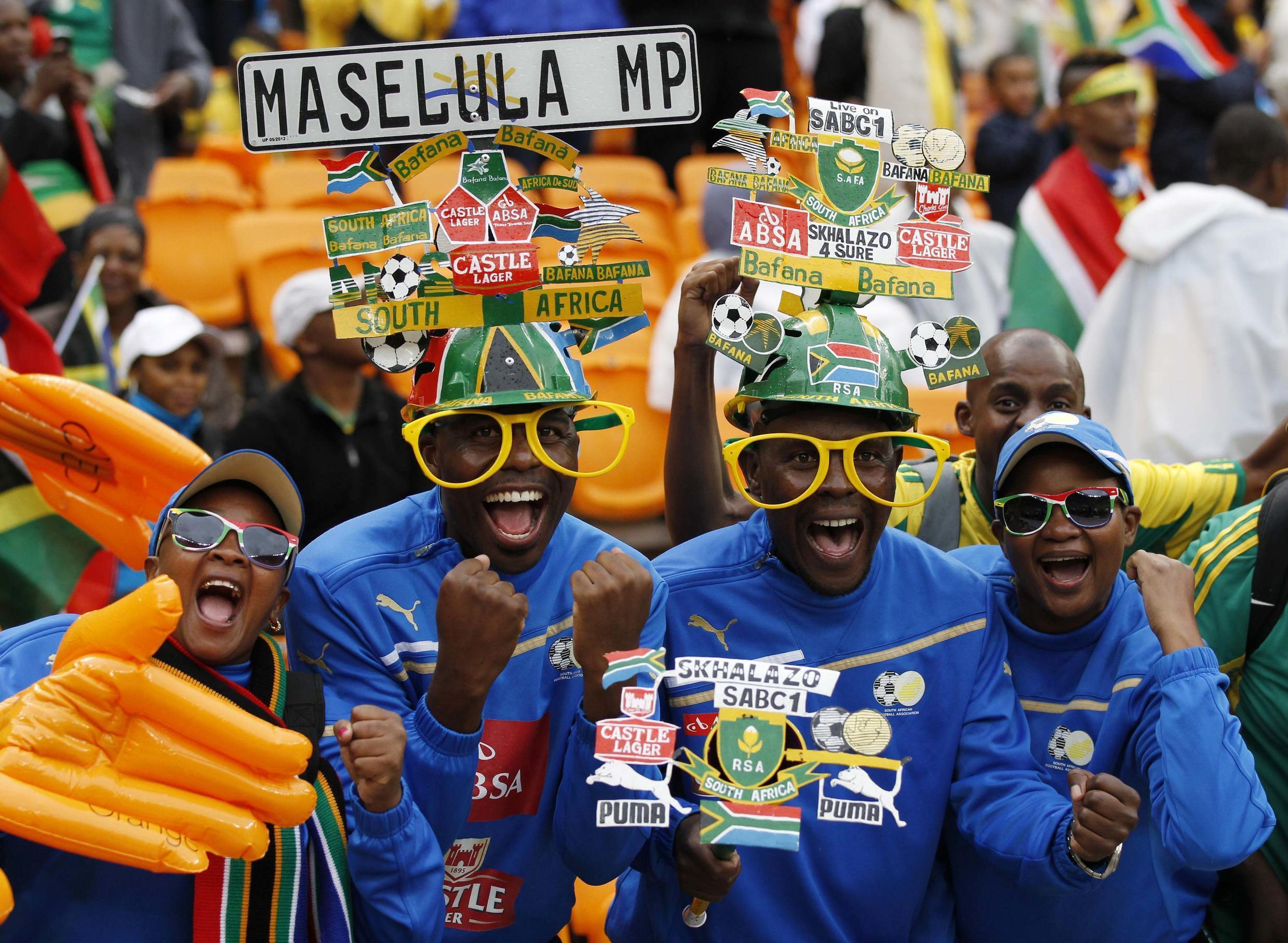French press review 4 February 2013
The war in Mali continues to dominate the French front pages, though the tone of the coverage does seem to be changing.
Issued on:

Catholic La Croix says the war has moved into a new phase, militarily, diplomatically and politically. But their main headline "The new front lines in the Malian war" perhaps continues to show a deep confusion about what's really going on.
There are no front lines. This has, so far at least, been a phoney war. Not a shot has been fired. But the fact that the enemy has termporarily disappeared does not mean that the threat posed by northern Mali's various armed groups has gone away.
The triumphant weekend visit to Mali by President François Hollande has, according to left-leaning Libération, pulled the various strands of the cranky Socialist family together and given the struggling government an important boost in the popularity stakes.

Even the normally critical right wing Le Figaro gives the front page honours to a French president "enjoying the fruits of French victory in Bamako", that's their headline, and François Hollande is also presumably enjoying the confirmation by American vice-president Joe Biden, that the United States are 100% supportive of French efforts in Mali.
Biden is currently on a European tour, and is due to meet the French leader in Paris this morning.
Business daily Les Echos has the intestinal problems of Europe's banks on its front page. The headline reads "The final purge".
European commercial banks have been in turmoil since the start of the financial crisis in 2008. But lots of them have been making bucketloads of moolah, nonetheless.
Now, says Les Echos, the emphasis is on ensuring adequate provision for future financial storms, and on depreciating the banks' international operations. And this because the European financial watchdog has been insisting on a spot of house-cleaning.
The French Crédit Agricole is expected to announce record losses for the year just ended, most of the mising billions having gone down the international lending tube.
In London, the banking sector has been bedevilled by a series of scandals and the consequent need to ensure against future theft. In Spain, the collapse of the housing market has pushed a few big operators into the red.
Les Echos reckons that the European banking scene is undergoing a serious mutation, with fewer big players and zero interest for the sort of high-risk deals which provoked the crisis in the first place. That has to be good news for the customer.
The sports supplement to the weekend edition of Le Monde looks at the game of American Football, far bloodier than French banking.
You'll know that last night saw the sport's annual high mass, the Super Bowl, attract a US television audience of over 111 million for the clash between the Baltimore Ravens and the San Francisco 49ers. (In case you missed the sports news, the Ravens won a thriller by 34 points to 31).
It's not a game for the faint-hearted. Clem Daniels, a football star, back in the far less violent '60s, said it was the closest thing he's ever experienced to war, except that you weren't allowed to use a machine gun.
The coach of New Orleans was last year suspended for life when it was revealed that he was paying his players cash bonuses to inflict career ending injuries on key members of opposing teams.

The coach told his players to "smash the face" of one opponent, saying that he wanted to see another stretchered out of the match "with his head hanging off". And he wasn't speaking figuratively. The New Orleans team, by the way, are nicknamed The Saints.
Whatever about surviving the actual games, the suicide rate among professional footballers is 65 times greater than in the general population. Neuroscientists suggest that brain damage caused by collisions during play may explain this remarkable fact.
Former players of the most violent team game in the world are 19 times more likely than non-players to suffer from the collapse of the central nervous system known as Charcot's Syndrome; they have four times the normal risk of developing Alzheimer's.
But, says Le Monde, the huge commercial interests involved, and the appetite of the paying public for organised carnage, combine to have the medical concerns sidelined.
To put the commercial aspect in perspective, you should know that a thirty second advertising spot at half time in last night's game cost three million euros. The deal between the teams and the television networks is worth nearly two and a half billion euros annually. Would the price be as high if the potential for serious injury was lower? Would the ancient Romans have flocked to the Coliseum to watch a gladiatorial pillow fight?
American Football's organising body currently faces a law suit by 4,000 former players who claim that the health risks were deliberately concealed. The case is a legal mammoth and the football authorities have used delaying tactics while trying to negotiate the silence of the plaintiffs.
They have promised to make the game safer. Nobody believes the proposed changes will make a blind bit of difference. Says a sports sociologist interviewed by Le Monde, American society is intrinsically violent.
Perhaps when they sort out their gun laws, they can then put manners on their favourite sport.
Daily newsletterReceive essential international news every morning
Subscribe